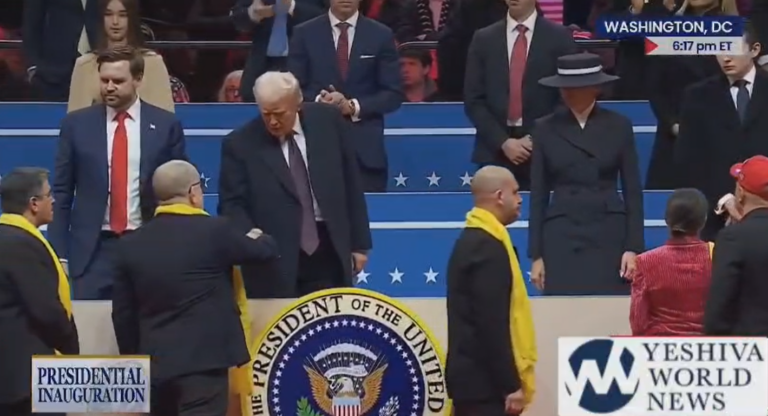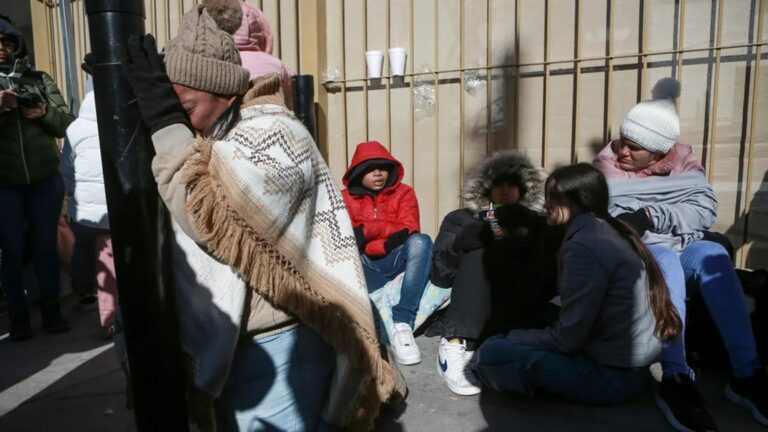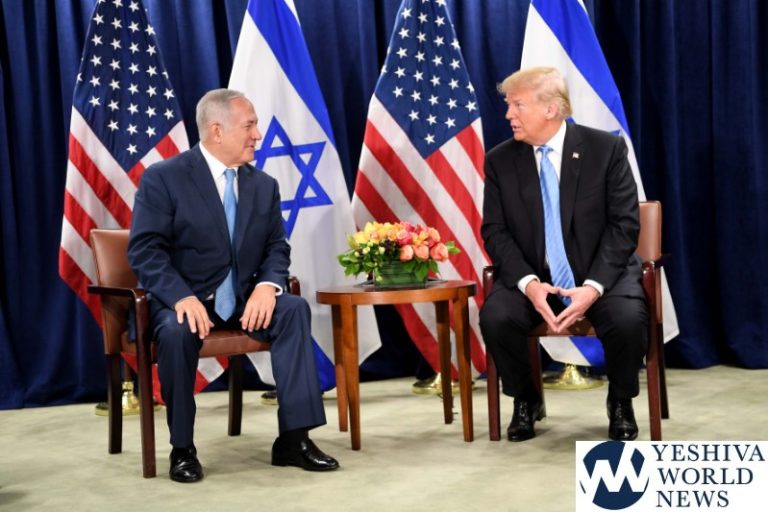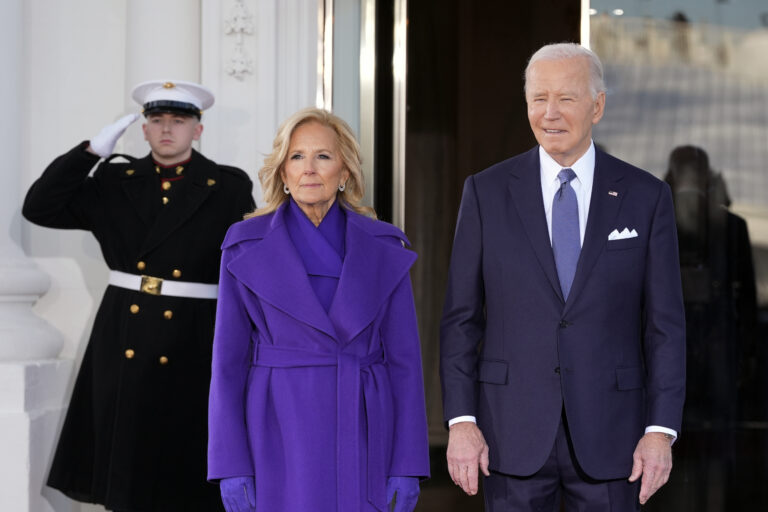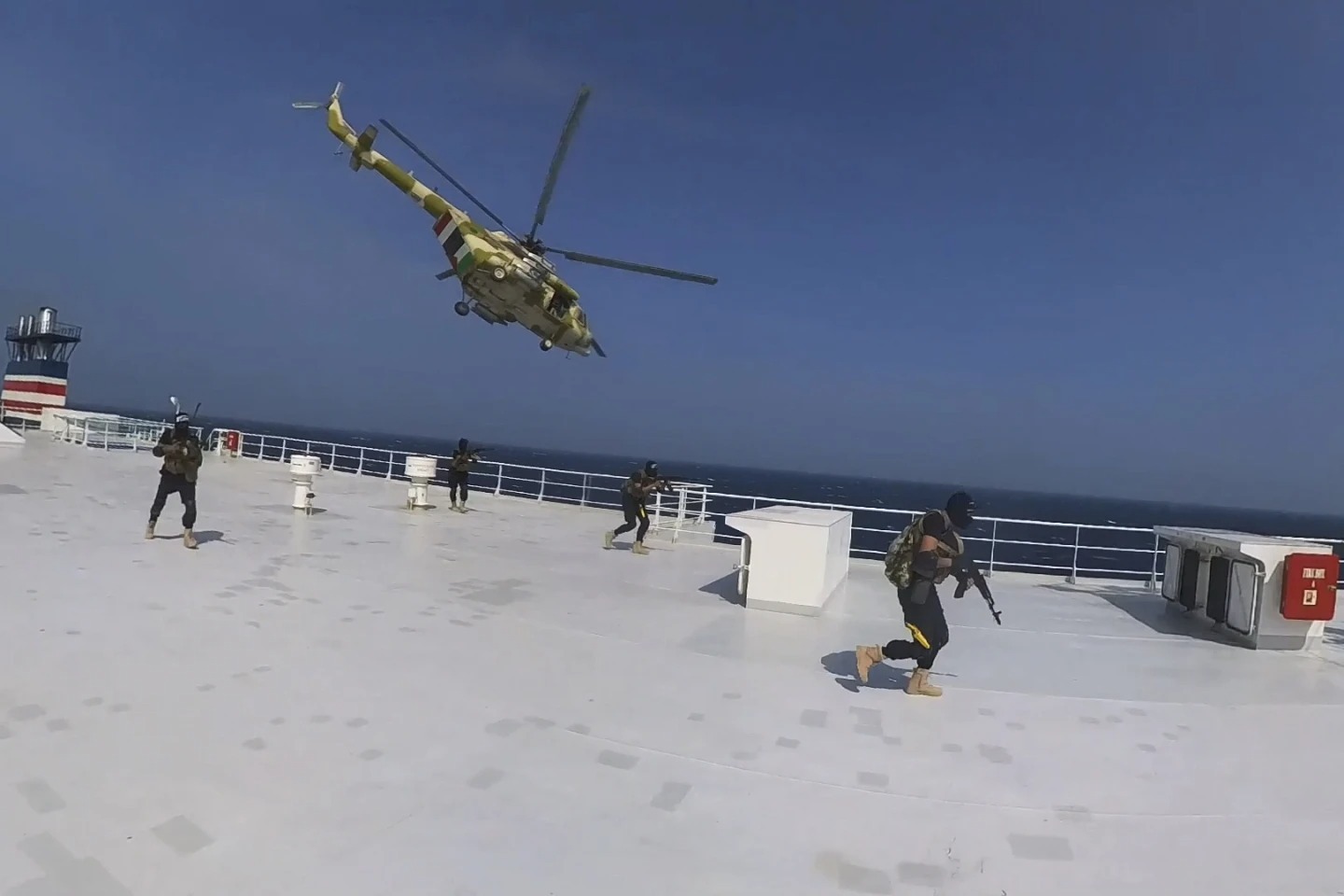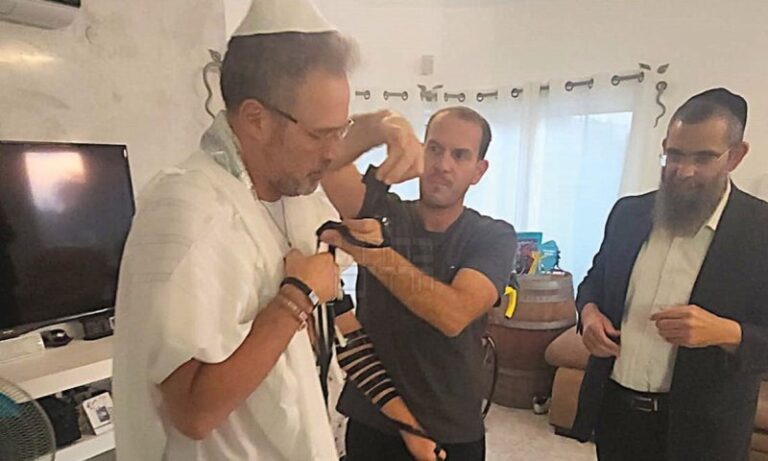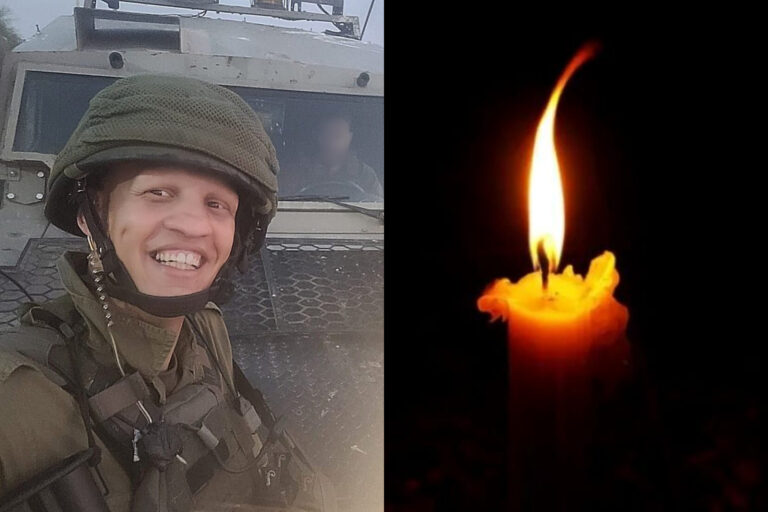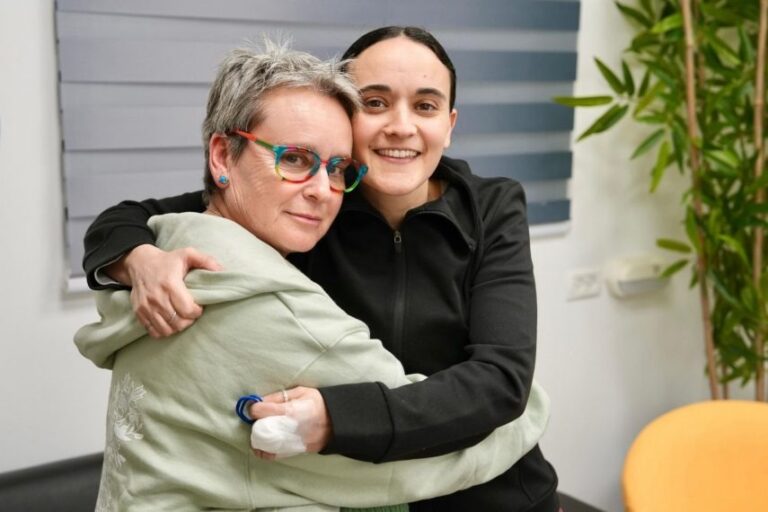 Without warning, hundreds of heavily armed riot police officers rushed into Pearl Square here early Thursday, firing shotguns, tear gas and concussion grenades at the thousands of demonstrators who were sleeping there as part of a widening protest against the nation’s absolute monarchy.
Without warning, hundreds of heavily armed riot police officers rushed into Pearl Square here early Thursday, firing shotguns, tear gas and concussion grenades at the thousands of demonstrators who were sleeping there as part of a widening protest against the nation’s absolute monarchy.
At least five people died, some of them reportedly killed in their sleep with scores of shotgun pellets to the face and chest, according to a witness and three doctors who received the dead and at least 200 wounded at a hospital here. The witness and the physicians spoke in return for anonymity for fear of official reprisals.
The military said later it had taken control of most of the capital and banned protests, The Associated Press reported. The announcement on state television said the military had “key parts” of Manama “under control,” hours after the killings.
In some countries, protest has been aimed at governments — like the monarchy in Bahrain, which hosts the Navy’s Fifth Fleet — long supported by the United States, valuing alliances with them in the struggle to combat terrorism and build a regional security network. But the association between their rulers and the White House has presented Washington with an acute dilemma over its response to the emerging threats to its long-time allies.
In Bahrain, the violence is more complex because the island monarchy is ruled by a Sunni minority, provoking long-standing discontent among a Shiite majority linked by its faith to Iran with its Shiite theocracy across the waters of the Gulf.
The abrupt crackdown on what had been a carnival-like protest injected a new anger into demonstrations calling on King Hamad bin Isa al-Khalifa to enact reforms. “Death to Khalifa, death to Khalifa,” hundreds of protesters chanted on Thursday outside a hospital as women ran screaming through wards and corridors seeking lost children.
On Thursday, television images showed a long convoy of armored military vehicles rolling into position in Manama. News reports quoted a military spokesman as saying the deployment was to defend people and property.
Only hours before Thursday’s crackdown, the square had been transformed from a symbol of the nation — anchored by a towering monument to its pearl-diving history — into a symbol of the fight for democracy and social justice that has been rocking autocratic governments all across the Middle East. Tens of thousands of people had poured into the square during the day, setting up tents, giving rousing speeches and pressing their demands for a constitutional democracy.
By 11 p.m. Wednesday, the square had started to quiet down. Young men sat smoking water pipes, while young children slept on blankets or in tents. At 2:45 a.m. Thursday, the camp was quiet, those awake still reflecting on the remarkable events of the day. And then, police vehicles began to appear, encircling the square. At first there were four vehicles, then dozens and then hundreds.
Have you checked out YWN Radio yet? Click HERE to listen!
(Source: NY Times)

